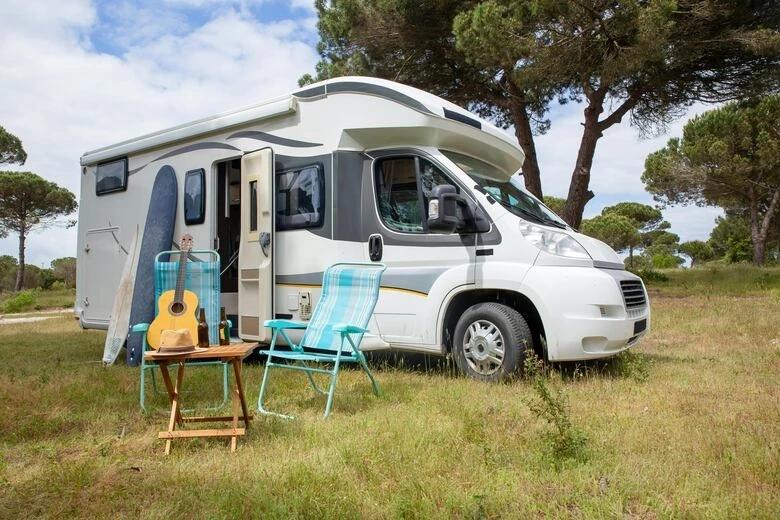In the world of recreational vehicles (RVs) and campers, the terminology can often be confusing. Many people use the terms "RV" and "camper" interchangeably, but there are distinct differences between the two. Understanding these differences is crucial for anyone considering purchasing or renting one of these vehicles for their next adventure.
What is an RV?
An RV, short for recreational vehicle, is a broad term that encompasses a variety of vehicles designed for living and traveling. RVs can range from small camper vans to large motorhomes, and they are typically equipped with living quarters such as beds, kitchens, and bathrooms. These vehicles are designed to be self-contained, allowing travelers to live comfortably while on the road.
Types of RVs
Class A Motorhomes
Class A motorhomes are the largest and most luxurious type of RV. They are built on a heavy-duty chassis and often resemble a bus in appearance. Class A motorhomes typically feature amenities such as full kitchens, bathrooms, and multiple sleeping areas.
Class B Campervans
Class B campervans, also known as camper vans or conversion vans, are smaller and more maneuverable than Class A motorhomes. They are built on a van chassis and often feature amenities such as a small kitchenette, bed, and limited bathroom facilities.
Class C Motorhomes
Class C motorhomes are a middle ground between Class A and Class B RVs. They are built on a truck chassis with an attached camper shell over the cab area. Class C motorhomes typically feature a bed over the cab, a kitchen, bathroom, and additional sleeping areas in the rear.
Travel Trailers
Travel trailers are towable RVs that are hitched to a vehicle and towed behind it. They come in a variety of sizes and floor plans, ranging from compact teardrop trailers to large fifth-wheel trailers. Travel trailers often feature amenities such as kitchens, bathrooms, and sleeping areas.
Fifth-Wheel Trailers
Fifth-wheel trailers are a type of travel trailer that is designed to be towed by a pickup truck with a special hitch mounted in the bed. They typically feature a raised section over the hitch area, which provides additional living space, including bedrooms, kitchens, and bathrooms.
What is a Camper?
The term camper is often used to refer to a specific type of RV known as a truck camper. Unlike other types of RVs, truck campers are designed to be loaded onto the bed of a pickup truck. They are typically smaller and more lightweight than other RVs, making them ideal for off-road travel and remote camping locations.
Key Differences Between an RV and a Camper
While both RVs and campers are designed for recreational travel, there are several key differences between the two:
- Size and Layout: RVs are typically larger and offer more spacious living quarters than campers. They often feature amenities such as full kitchens, bathrooms, and multiple sleeping areas. Campers, on the other hand, are smaller and more compact, with limited living space and amenities.
- Mobility: RVs are self-contained vehicles that can be driven independently, whereas campers require a separate vehicle, such as a pickup truck, for transportation. This makes RVs more suitable for long-distance travel, while campers are better suited for off-road adventures and remote camping locations.
- Cost: RVs tend to be more expensive than campers due to their larger size and additional amenities. Campers are generally more affordable and offer a budget-friendly option for those looking to enjoy the RV lifestyle without breaking the bank.
- Versatility: RVs come in a variety of shapes and sizes, making them suitable for a wide range of travel experiences. Campers, while more limited in size and amenities, are highly versatile and can be used for everything from weekend getaways to extended road trips.
For further insights and expert advice on RVs and campers, we recommend checking out the blog ExploringTheLocalLife. They offer comprehensive guides, reviews, and tips to help you make informed decisions about your recreational vehicle needs.
Conclusion
In summary, while the terms "RV" and "camper" are often used interchangeably, there are distinct differences between the two. RVs are larger, self-contained vehicles designed for comfortable travel and living, while campers are smaller, more compact units that are loaded onto the bed of a pickup truck. Understanding these differences is essential for anyone considering purchasing or renting an RV or camper for their next adventure.


